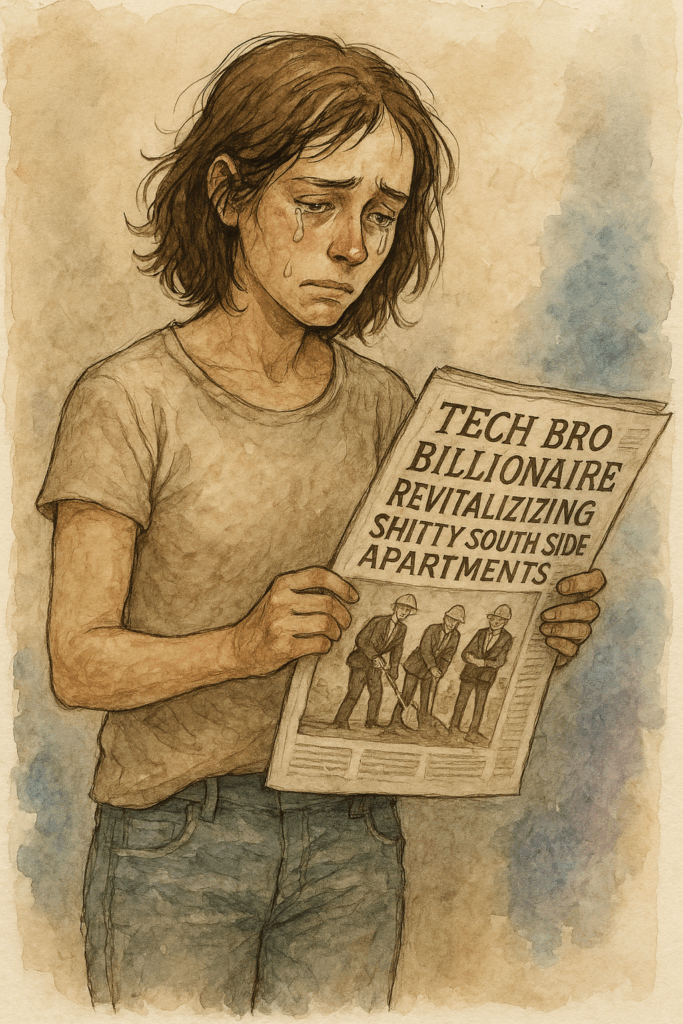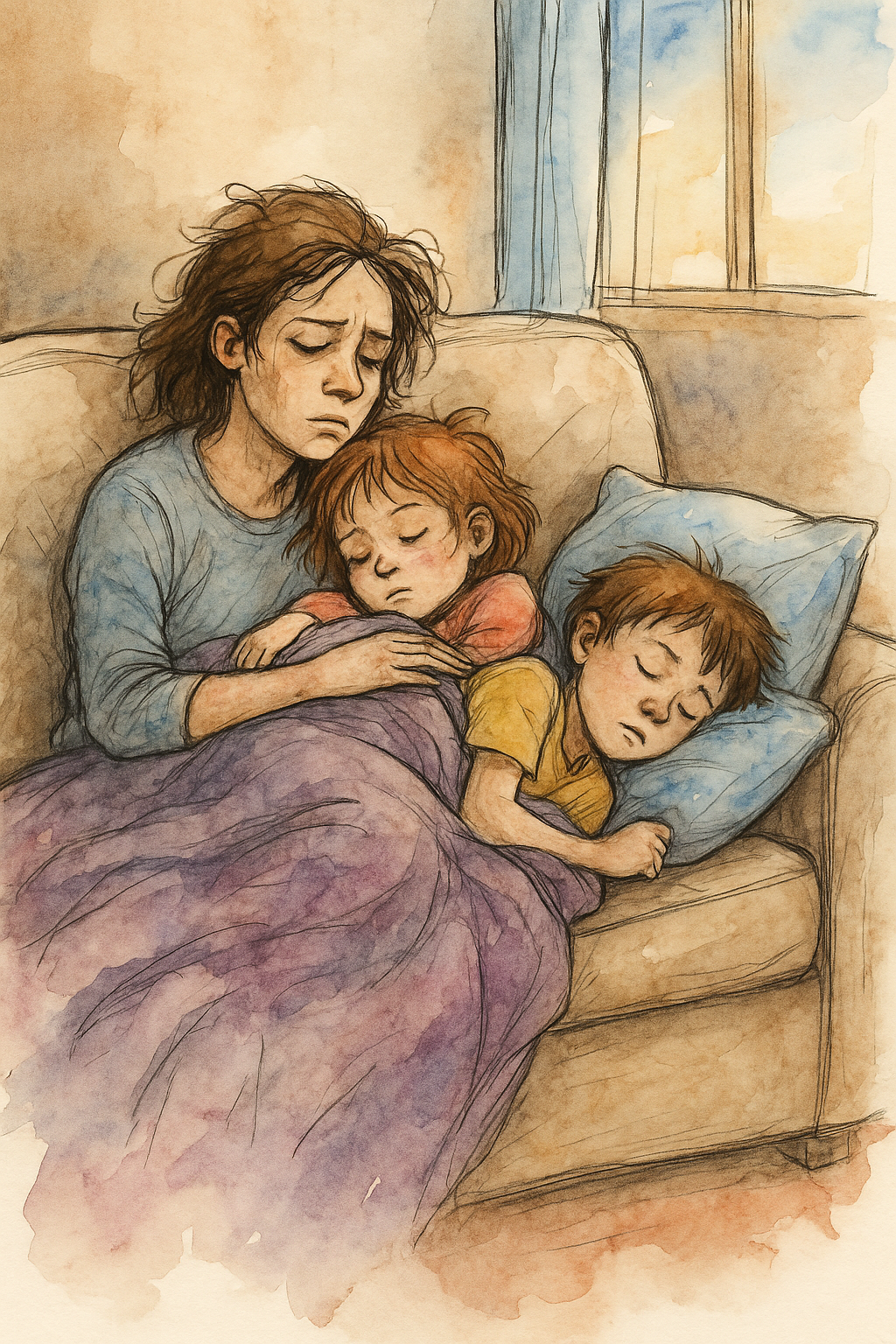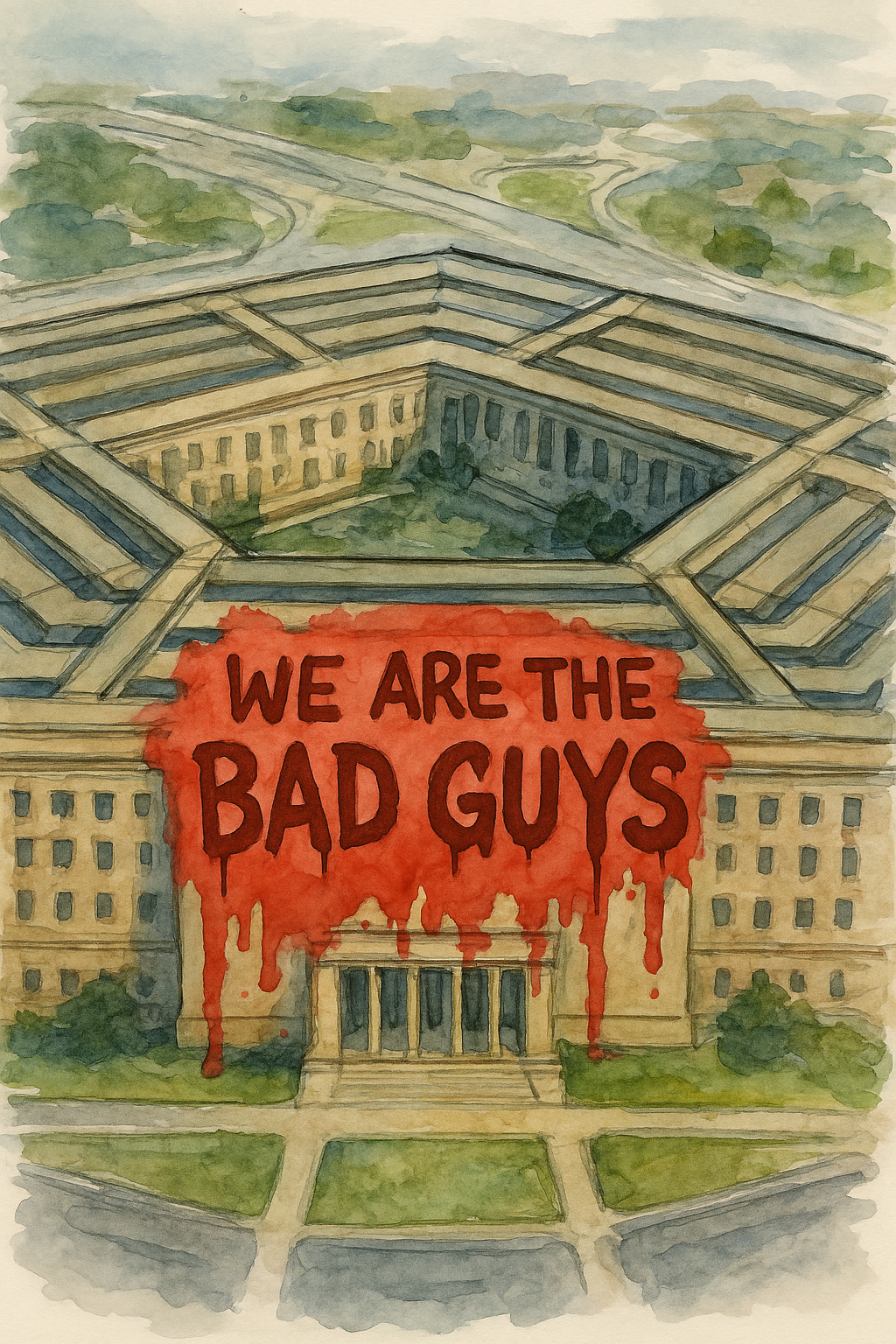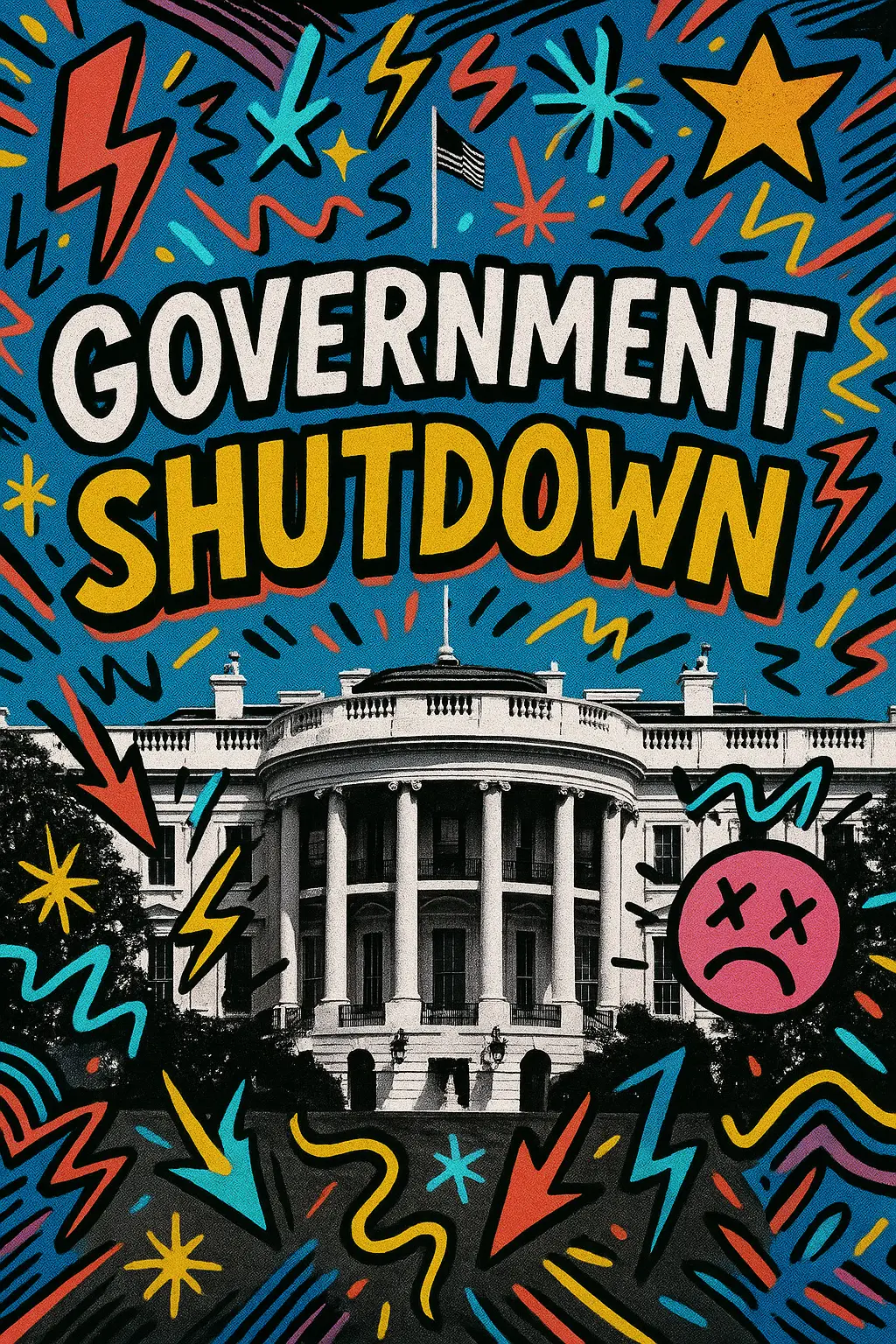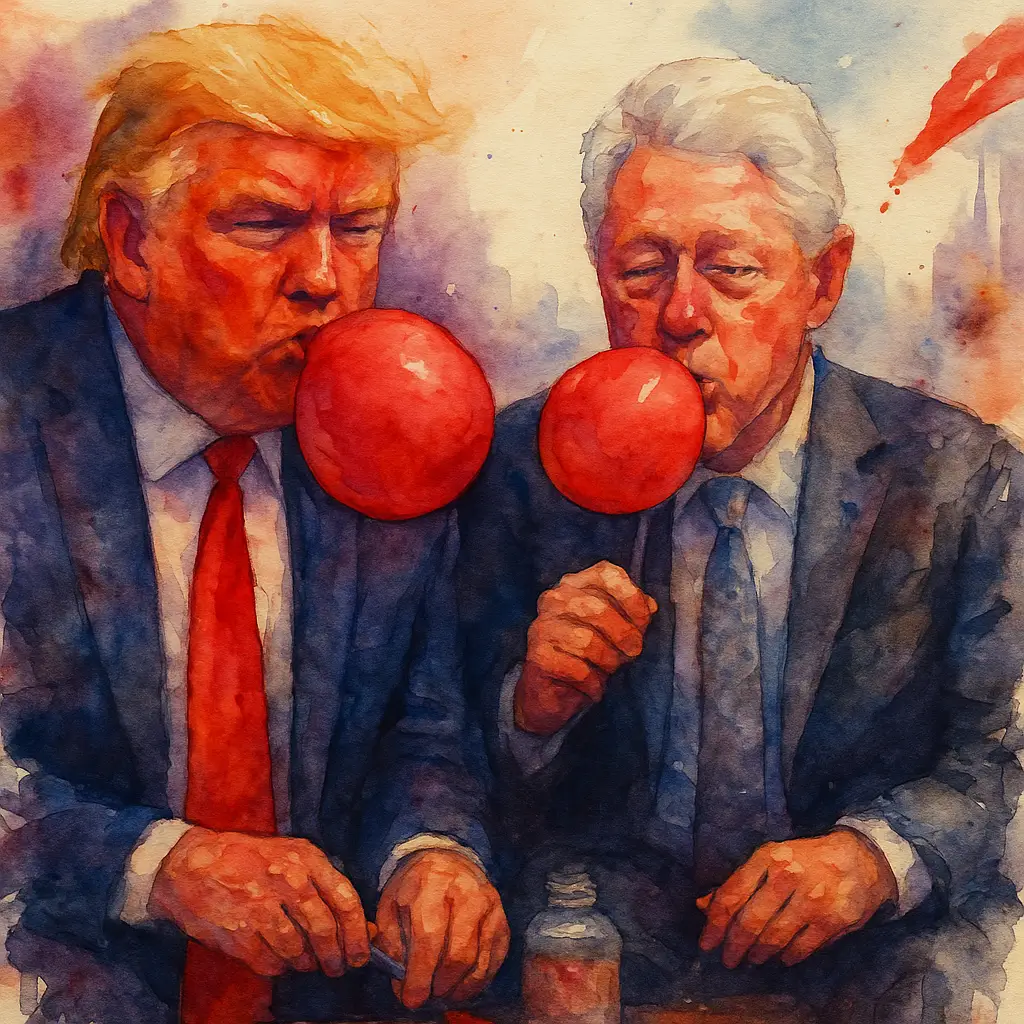The actions of billionaires aren’t just morally questionable—they’re a direct line to rising crime rates in modern societies. By dismantling social support systems and modeling anti-social behavior, the ultra-wealthy create conditions where crime becomes less a choice and more a survival strategy.
First, let’s talk about the playbook. Billionaires wield their power in both politics and business to prioritize profit over people. They lobby for tax cuts that gut essential services like education, healthcare, and housing, leaving millions without the basic support needed to survive with dignity. Meanwhile, they slash wages, resist unionization, and squeeze every last drop of labor from workers who are already struggling to make ends meet.
When basic needs go unmet and opportunities vanish, crime ceases to be a moral failing—it becomes a predictable consequence. In neighborhoods where jobs are scarce, education is gutted, and housing is unstable, theft, fraud, and violence aren’t random acts of immorality—they’re survival mechanisms in a system that prioritizes profit over people.
Story Time: When the System Fails, Crime Becomes Survival
Meet Angelica. She’s a single mom working 60 hours a week in a warehouse owned by one of the world’s richest men—a man who made his billions promising two-day shipping while paying his workers pennies and crushing any attempt to unionize. Angelica spends her days packing overpriced gadgets she could never afford, her hands raw and her back screaming, while her boss congratulates himself for “creating jobs.”
But Angelica’s paycheck is a joke. After rent, utilities, and daycare, she’s left with just enough to choose between gas for the car or food for her kids. And then the rent goes up—again. The new property owner? Another billionaire, this one riding the real estate investment wave straight to the bank while tenants like Angelica drown.
Now she’s out of her apartment, bouncing between friends’ couches with two kids in tow, trying not to overstay her welcome. The food bank that used to keep them fed has closed. Why? Because the wealthy donors who used to write off their guilt with big checks have found more “tax-efficient” ways to hide their money.
One day, while packing yet another shipment of high-end watches at the warehouse, Angelica slips one into her pocket. It’s not a big score—just enough to pawn for a night in a motel room where her kids can finally sleep without someone else’s TV blaring in the background.
But she gets caught. And the same billionaire boss who’s been dodging taxes and underpaying workers now calls her a criminal, a parasite, a thief. He files charges and brags about his “zero tolerance” policy—because nothing says “integrity” like prosecuting a desperate mom for trying to keep her kids off the street for one night while you’re raking in billions from public subsidies.
While Angelica sits in a holding cell, her boss is cashing in—twice. First, he pockets millions in tax breaks meant for “job creators.” Then, he profits off her imprisonment, funneling taxpayer dollars into his private prison investments, effectively making Angelica pay for her own incarceration.
And it doesn’t stop there. He uses Angelica’s arrest to demand more “security funding” from the city—again, paid for by taxpayers like her. Meanwhile, his company files a theft insurance claim for the watches, inflating the value and pocketing more than the item was worth.
But wait, there’s more. The billionaire then donates to a “tough on crime” PAC, painting people like Angelica as dangerous criminals and pushing for harsher sentencing laws—laws that conveniently fill the private prisons he’s invested in, making him even richer.
Because in billionaire math, every crime they create is just another chance to profit.
This is how crime gets manufactured. It’s not a question of morality—it’s a question of survival in a world where billionaires profit from creating desperation, then punish the desperate for trying to stay alive.
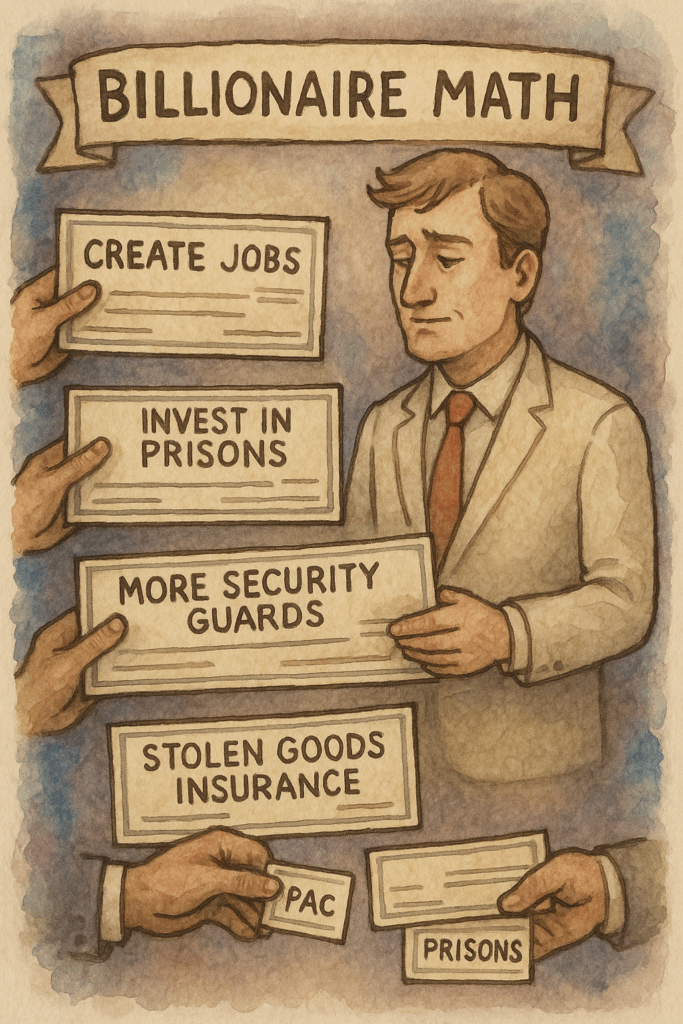
Why the Billionaire Class is Responsible
The billionaire class would love to paint crime as a problem of individual morality, but let’s be real: they’re the ones creating the conditions that breed desperation. By stripping away safety nets and concentrating wealth at the top, they manufacture the circumstances where crime becomes inevitable.
While they frame crime as a personal failing, the reality is that they’ve engineered a system where people must choose between breaking the law and going hungry. And yet, the focus remains on policing those forced into crime, rather than holding the architects of economic inequality accountable.
The Bottom Line
Billionaires aren’t just beneficiaries of a broken system—they’re its architects. By dismantling social support structures and hoarding resources, they create the very conditions that drive people to crime. And until we start holding them accountable, we’re just rearranging the deck chairs on a sinking ship.
